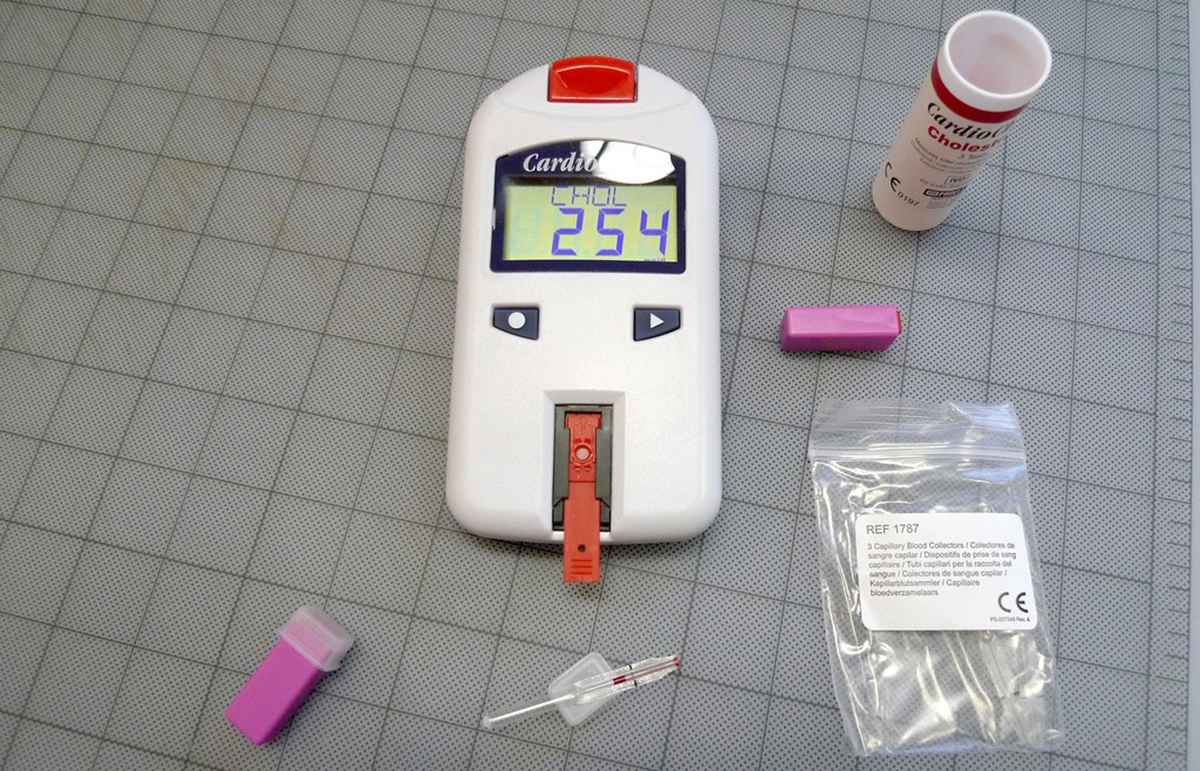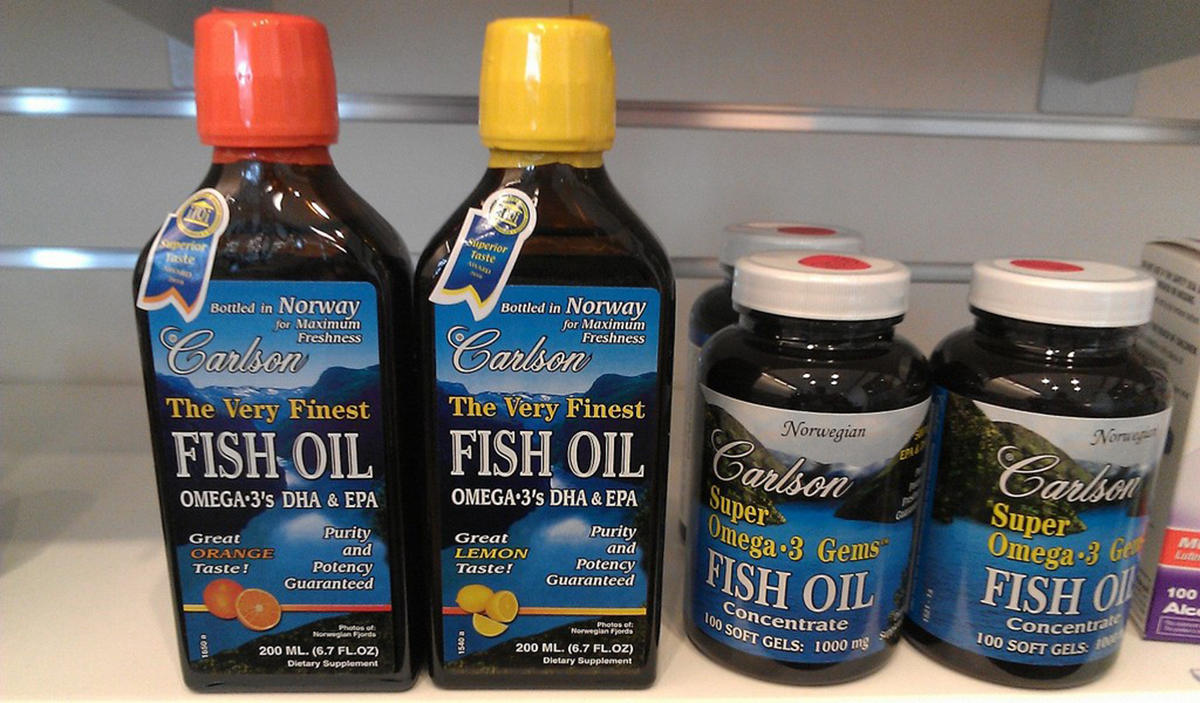We all know that having raised cholesterol causes heart disease, right? And therefore reducing cholesterol by using prescription drugs is a sure way to prevent suffering a heart attack? It seems that the answer my not just be a simple “yes”. Lifestyle factors play a huge role in heart disease prevention and can be particularly effective for most people in lowering cholesterol levels, without medication. In addition, heart disease is a complex process that involves a number of risk factors with high cholesterol being just one of them.

The Cause of Heart Disease
In essence a heart attack is an ischemic event in which the blood supply to the heart organ is cut off (in the case of a stroke it’s the brain’s blood supply that is blocked). The leading cause of heart disease is something known as atherosclerosis, or a hardening of the arteries.
Smoking, high blood sugar and stress can damage blood vessels making them more susceptible to cholesterol build-up, and high blood pressure literally forces cholesterol onto the walls of the arteries.
What is Cholesterol?
Cholesterol is a fatty wax like substance, which is produced by the liver and used for many body functions. Cholesterol is also found in the food we eat. Meat, fish, chicken, egg yolks and dairy products are all sources of cholesterol. Too much cholesterol in the blood is the main underlying cause of heart disease. Some people genetically manufacture too much cholesterol, but most people get it from the diet.
Cholesterol is transported in the blood via lipoproteins:
- High-density lipoprotein (HDL or “good cholesterol”) transports cholesterol away from the tissues. High levels offer some degree of protection against CHD. Regular exercise and moderate alcohol consumption have been found to increase HDL levels.
- Low density lipoprotein (LDL or “bad cholesterol”) transports cholesterol to the tissues where it can do harm by promoting atherosclerosis.
A high level of LDL cholesterol is associated with an increased risk of heart disease. People who have high HDL levels have some form of protection against heart disease. When assessing risk, both fractions should be taken into account.
Cholesterol is found in animal based foods.
Particularly high cholesterol foods include liver, egg yolk, meat, chicken, dairy, prawns, roe and squid. When it comes to which foods raise cholesterol, there is some degree of confusion. While animal based foods all contain cholesterol, however, it’s the types of fats in a food that have more impact on total blood cholesterol than cholesterol itself. Also, some high cholesterol foods, like eggs, also contain substances that lower cholesterol. For example an egg contains unsaturated fats and lecithin, which have a positive effect on cholesterol and seafood, is relatively low in fat in general.
While managing your intake of high cholesterol foods is important, certain so-called bad fats can be far more damaging to the body than cholesterol alone. Research has now shown that dietary cholesterol is not so much the culprit in CHD as are the presence of saturated fat and the lack of poly and monounsaturated fats in the diet.
See Also: Are Your Cholesterol Numbers Normal?
The culprits are:
- Saturated fatty acids are found in meat, chicken skin, butter, cream, full cream dairy, coconut and palm kernel oil and cocoa butter. Dietary saturated fats increase total cholesterol and LDL cholesterol.
- Trans fatty acids are produced when fats are hydrogenated to produce commercial products such as margarine (except those listed as trans fat free), pies and certain baked goods. Trans acids increase LDL cholesterol.
- Fried foods. Oils that have been exposed to heat become rancid
Replacing Bad Fats With Good Fats To Lower Cholesterol Levels
While it might be difficult to totally cut these foods out of the diet, reductions in their intake can help prevent high cholesterol or lower your cholesterol if its elevated. Certain good fats will help lower cholesterol levels, especially if they replace the above-mentioned bad fats. These are:

- Polyunsaturated fatty acids are found in fatty fish and fish oils as well as sunflower oil and soft margarines. There are two types of polyunsaturated fatty acids: omega 6 acids (from vegetable sources) have the effect of decreasing LDL and increasing HDL and omega 3 acids (from fish) have the effect of decreasing total cholesterol, HDL and triglycerides.
- Monounsaturated fatty acids are found in olive oil, canola oil, avocado pear, nuts, seeds and peanut butter. Replacing saturated fats with monounsaturated fats decreases total cholesterol, LDL and triglycerides.
Certain other factors play a role in cholesterol reduction, fibre being one very important factor.
So for example, eating oats and an apple for breakfast and then mixing your bolognaise sauce with some lentils can help reduce the amount of cholesterol and fat you absorb from your diet. Garlic, when used generously in the diet can also help lower cholesterol levels.
Lifestyle Modifications for Cholesterol and Heart Disease
Since cholesterol is just one risk factor for heart disease, the over all risk factor profile should examined. A high fiber diet, rich in fruit and vegetables and wholegrains that includes fish but limits cholesterol raising fats such as red meat, chicken skin, full-fat dairy, butter, baked goods and fried foods is indicated for cholesterol problems. In addition regular physical activity, weight loss, smoking cessation and stress management are also prescribed as part of a heart healthy lifestyle. People with hypertension and diabetes should also manage their conditions and keep them under control.
Alternatives to Drugs
Niacin (or nicotinic acid) has been used for years as a cholesterol-lowering agent. It works by raising the HDL cholesterol fraction (or “good” cholesterol), which helps shuttle cholesterol away from the artery walls. A good dosage to start with is 500mg but some experts’ recommend as much as 3000mg per day to lower cholesterol. Niacin causes a temporary and harmless flushing sensation in the skin, so it’s best to start with smaller doses to get used to the effects. Exercise and moderate alcohol intake also raise protective HDL cholesterol levels.
A rising interest in the role that fish oils play was sparked by a large 30 year follow up study the Chicago Western Electric Study who released their reports on fish oils and heart disease in 1997. The data revealed an inverse association between fish consumption and death from coronary heart disease, especially non-sudden death from myocardial infarction.
In one study published in The Lancet in May 2007 showed that adding 1800mg of fish oils to statin therapy helped lower total cholesterol as well as triglyceride (another bad fat implicated in heart disease) levels to a significantly greater degree than statin therapy alone.
See Also: Cholesterol Lowering Foods List
Another study published in Mayo Clinic Proceedings in July 2008 looked took a comparative look at statin therapy versus lifestyle change and supplements in reducing blood lipid levels for patients in the primary prevention category. The lifestyle regime included diet and exercise changes and a fish oil supplement. The statin group receives traditional counseling, which involves advice on lifestyle change. LDL cholesterol levels were found to be reduced in both groups after 12 weeks or treatment and there was no significant difference between the groups (i.e. lifestyle change was as effective as statins in reducing LDL cholesterol levels). The lifestyle change and fish oil group also enjoyed significantly greater weight loss and a reduction on triglyceride levels compared to the statin group.
- Photo courtesy of Juhan Sonin by Flickr : www.flickr.com/photos/juhansonin/5300977759
- Photo courtesy of Martin Criminale by Flickr : www.flickr.com/photos/itsnitram/8569465427/


Your thoughts on this